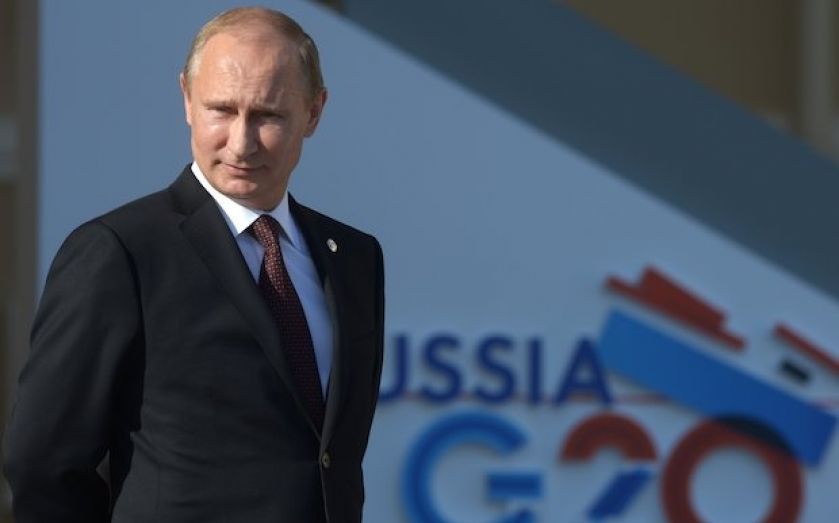The West’s latest sanctions might deal a heavier blow than we think

Despite being criticised for their mildness, the newest sanctions imposed on Russian companies and indviduals by the US and EU send out a clear message on elements of Russia's way of doing business.
Russian officials have warned the country’s hi-tech sector could be affected and Gazprom, Russia’s massive gas company, has said the sanctions have the potential to disrupt its exports to Europe, affect its business and share price.
Analysts have criticised the US though, saying they'll have little immediate effect on the economy at large and weren't as bad as expected.
Gazprom’s been threatening to cut supplies to Ukraine because of unpaid bills for a time now, warning of the impact this could have in Europe, for which it meets 30 per cent of gas demand, should it reduce deliveries.
Now, there’s a possibility that the latest sanctions might be more pointed and pervasive than some have given them credit for, particularly when it comes to oil – Russia’s biggest industry by some distance.
The US has, in concert with the EU, hit five of Vladimir Putin’s inner circle, and the link to oil there is obvious. Granted, Gazprom’s head, Alexei Miller, an enduring ally of Putin’s, has not been sanctioned, but one of those who has is Igor Sechin, chairman of Rosneft.
State-controlled Rosneft is the world’s biggest publicly listed oil company by production; BP owns nearly 20 per cent of it. Sechin, a former KGB officer, said the sanctions won’t affect performance – no sanctions have been meted out on the firm itself. But the sanctions will limit the stretch of key fingers in important pies, many of which are connected.
The four other individuals being targeted by the US are bank owners and shareholders Gennady Timchenko, Arkady and Boris Rotenberg and Yuri Kovalchuk.
The New York Times explains the situation well: 15 of the 17 firms being sanctioned are either controlled by or associated with Timchenko. Three of them are linked to Stroytransgaz, a natural gas company, which is controlled by Timchenko and the Rotenbergs. Stroytransgaz is an arm of Gazprom.
It must be right that immediate effects will be pithy – BP’s said it’ll continue to work with Rosneft, despite the actions from the West, and no publicly listed company has been targeted.
But the latest sanctions do underline a message of intolerance aimed at Russia’s oil industry and its most important actors. If others are imposed – they might not be – then they'll be built on selective moves that are no doubt more than irking some of Russia’s most powerful.